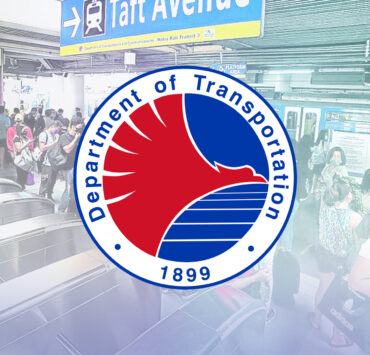BSP sharpens framework for probing suspicious accounts

The Bangko Sentral ng Pilipinas (BSP) has proposed rules that will guide its investigations into bank accounts and e-wallets suspected of being used to commit financial crimes and fraud.
The BSP is collecting comments from stakeholders on a seven-page draft circular that will guide the central bank during the conduct of inquiries into financial accounts, as well as the sharing of information between the regulator and law enforcement agencies.
Regulated entities have until Feb. 10 to send their feedback.
The proposed rules were pursuant to Republic Act No. 12010 or the Anti-Financial Account Scamming Act (Afasa), which was signed into law last year in a bid to combat financial cybercrimes in the country.
Afasa prohibits and punishes crimes like acting as money mules to carry out scams, as well as performing social engineering schemes and economic sabotage. That said, it authorizes the BSP to investigate bank deposits, e-wallets and other financial accounts involved in such crimes with the help of law enforcers.
To help the investigations, other laws containing provisions that prohibit any inquiry into or disclosure of deposits will not apply to financial accounts being probed by the BSP.
According to the draft circular, law enforcement agencies must enter into an information sharing agreement with the BSP. These agencies include the Philippine National Police, National Bureau of Investigation, Department of Justice and Anti-Money Laundering Council, among others.
Those details that will be shared with competent authorities must only be used to investigate and prosecute criminal cases, the draft document read. Any law enforcement agency may initiate an investigation into a financial account by filing a request with the BSP.
The request for a probe must be in writing and shall contain key information, including a “detailed narration of the relevant and material facts” about a suspected commission of a crime. The BSP will then decide whether there is sufficient ground to proceed with the investigation.
The central bank, in the conduct of its inquiry, may apply for cybercrime warrants and ask help from law enforcement agencies in issuing the order.
Latest available data from the BSP showed that 59.48 percent of cyber fraud losses in 2023 were due to account takeover, identity theft and phishing attacks. This was more than twice the level that was recorded in 2022.





















